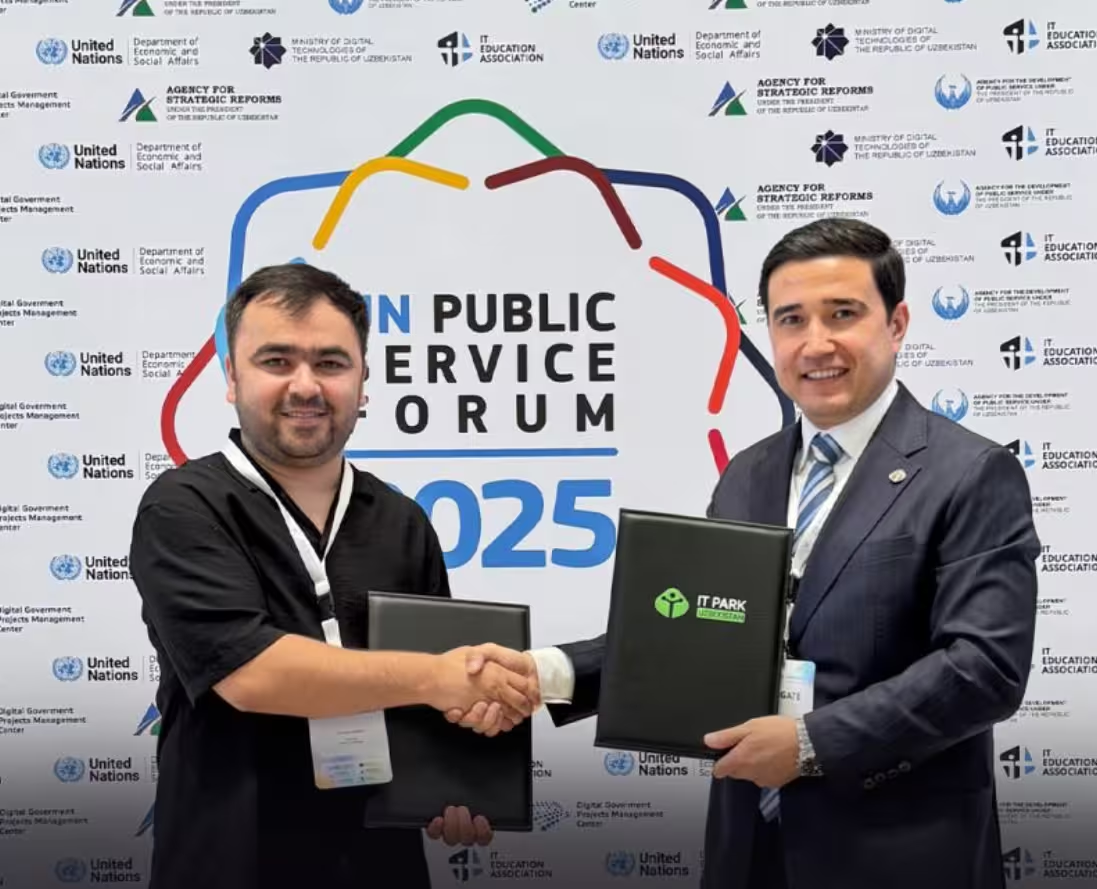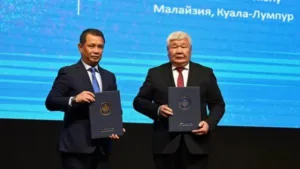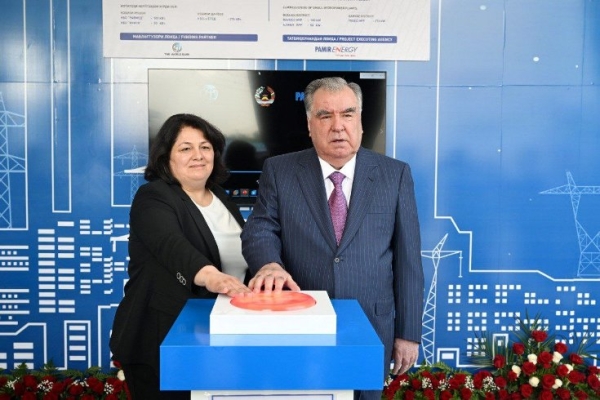
In a major milestone towards achieving universal energy access in Tajikistan’s remote mountainous regions, President Emomali Rahmon on June 26 inaugurated a series of rural electrification projects under the Tajikistan Rural Electrification Project (TREP), financed by the World Bank, says press release issued by Pamir Energy Company. The virtual ceremony marked the commissioning of decentralized energy systems that will deliver clean and reliable electricity to remote communities that previously lacked access to the electricity grid."
The newly launched infrastructure includes Ravmed (100 kW) and Ajirkh (50 kW) small hydropower plants in Bartang Valley, Rushan district, and Yoged (276 kW) small hydropower plant in Darvoz district.
These decentralized microgrids are designed to operate independently, delivering sustainable electricity to communities where grid extension is not feasible due to challenging terrain and geographic isolation.
“With today’s launch, we are one step closer to achieving our vision of full electrification in VMKB,” said Daler Juma, Minister of Energy and Water Resources of Tajikistan. “These new microgrids reflect the commitment of the Government of Tajikistan to inclusive and equitable development—ensuring no community is left behind.”
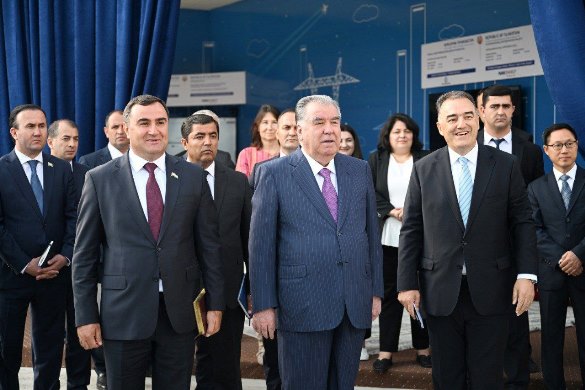
In 2021, Pamir Energy, with support from the Government of Tajikistan and the World Bank, connected 27 remote settlements—home to over 4,400 people—in the Gorno Badakhshan Autonomous Region (GBAO). This brought electricity access to 98% of this region’s population, laying the groundwork for today’s accelerated progress.
Aligned with Tajikistan’s National Development Strategy 2016–2030, these investments not only improve living standards but also replace harmful biofuels, enhance public services like healthcare and education, and open up opportunities for local entrepreneurship.
“As we continue to expand energy access in the GBAO region, our focus remains on delivering sustainable and reliable energy solutions that empower communities” said Farida Mamadaslamova, Senior Energy Specialist of the World Bank and the Task Team Leader of the TREP. “The new decentralized microgrids are a testament to our commitment to overcoming geographic challenges and ensuring that even the most remote settlements can benefit from clean energy. This initiative not only enhances living conditions but also opens up new opportunities for economic growth and social development."
With the electrification of 35 additional settlements by the end of 2025—benefiting over 7,600 people—the region is on track to reach near-universal access to reliable and clean electricity in GBAO.
“Pamir Energy remains steadfast in its mission to bring warmth and light to every household in GBAO—no matter the geography, distance, or terrain,” said Amrikhon Raimov, General Director of Pamir Energy. “By the end of this year, we will commission an additional 9 small hydropower plants, 28 solar power plants, and 1 wind power plant under the project.”
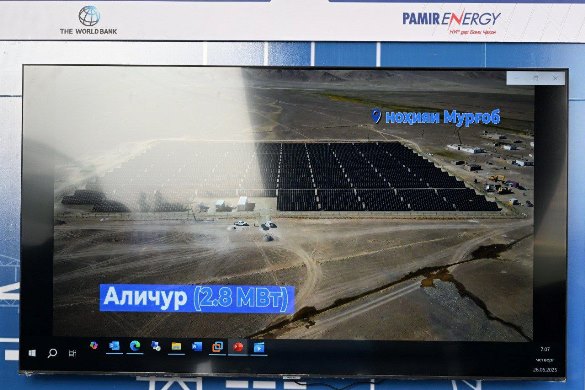
TREP will bring energy access to over 31,500 people in 74 settlements in Khatlon and over 12,000 people in 61 settlements in GBAO, reaffirming the Government of Tajikistan’s commitment to a future where access to electricity is universal, inclusive, and sustainable.
Pamir Energy was established as a PPP between the Government of the Republic of Tajikistan and Pamir Energy Company (PE), a subsidiary of the Aga Khan Fund for Economic Development (AKFED). PE is an integrated energy utility company operating in GBAO, Tajikistan. It is affiliated and associated company of Industrial Promotion Services (IPS), which is the infrastructure and industrial development arm of AKFED.



